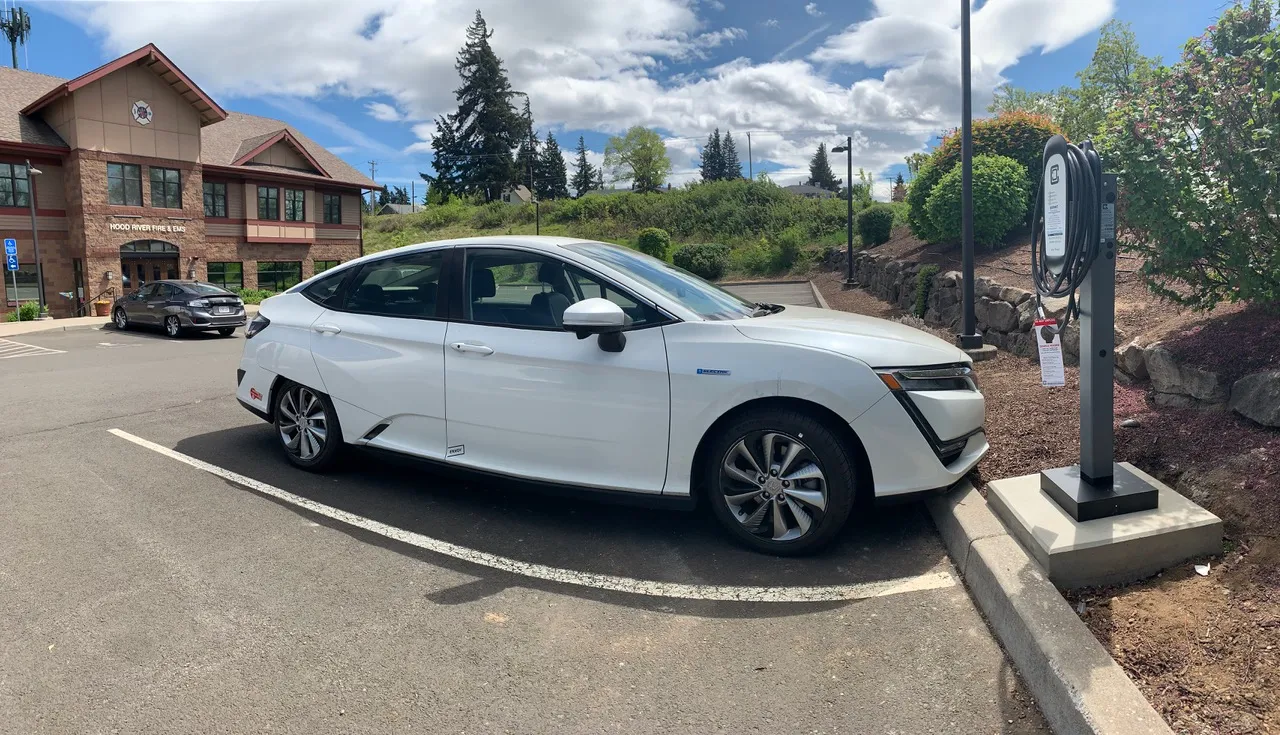Didi Chuxing has joined forces with China Southern Power Grid (CSPG) to develop on-demand electric vehicle (EV) charging and automobile services across South and Southwest China.
Didi, a ride-hailing firm, says the deal will allow its app users to access CSPG charging spots.
CSPG has more than 100,000 charging points across China's southern regions of Guangdong, Guangxi, Yunnan, Guizhou and Hainan, including the Guangdong-Hong Kong-Macao Greater Bay area.
July 10, 2019
Read time: 1 min
Didi Chuxing has joined forces with China Southern Power Grid (CSPG) to develop on-demand electric vehicle (EV) charging and automobile services across South and Southwest China.
Didi, a ride-hailing firm, says the deal will allow its app users to access CSPG charging spots.
CSPG has more than 100,000 charging points across China's southern regions of Guangdong, Guangxi, Yunnan, Guizhou and Hainan, including the Guangdong-Hong Kong-Macao Greater Bay area.
Didi, a ride-hailing firm, says the deal will allow its app users to access CSPG charging spots.
CSPG has more than 100,000 charging points across China's southern regions of Guangdong, Guangxi, Yunnan, Guizhou and Hainan, including the Guangdong-Hong Kong-Macao Greater Bay area.








